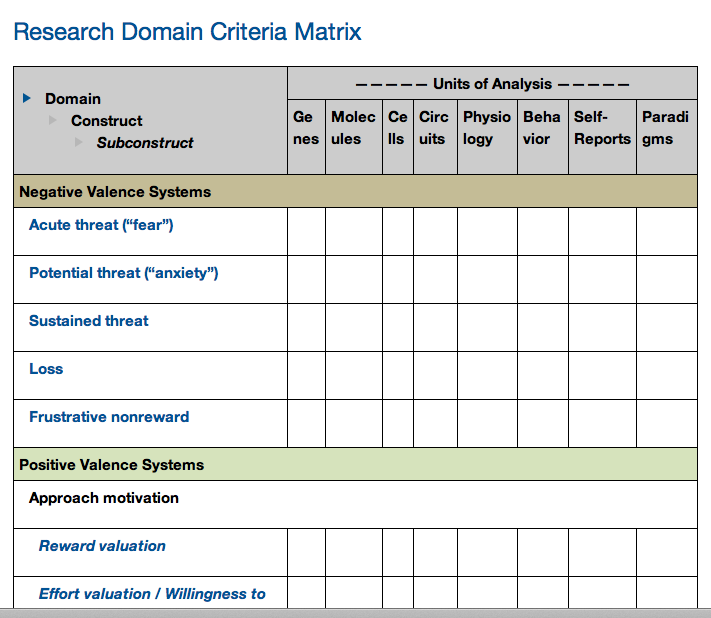Doctors Are Prescribing Books [Classic]
Leah Price has written a piece in the Boston Globe about how some doctors in Britain are prescribing books for their mental health patients. The National Health Service set up a program called Books on Prescription, which is just the latest example of a new wave of “bibliotherapy.” The School of Life, founded by Alain de Botton and …







